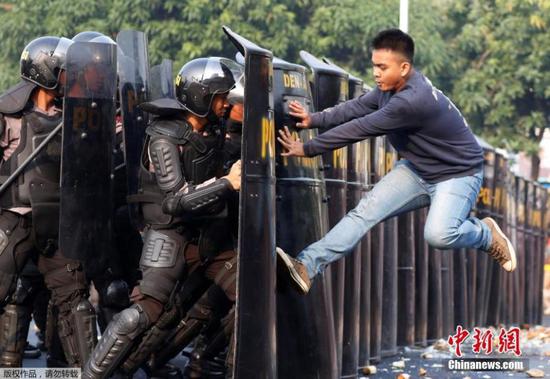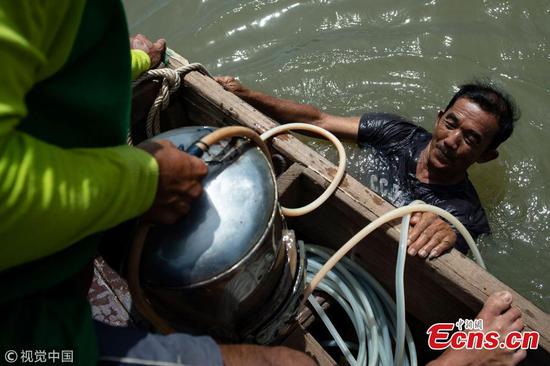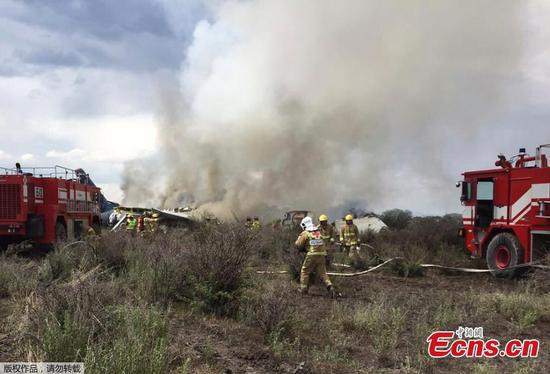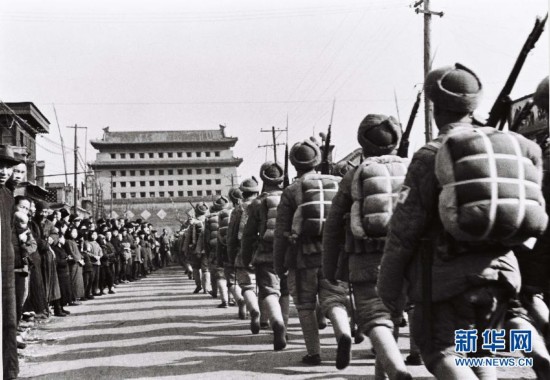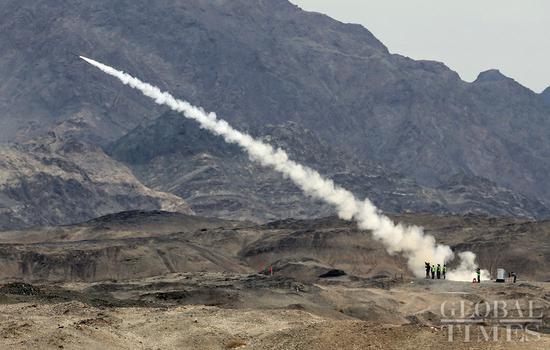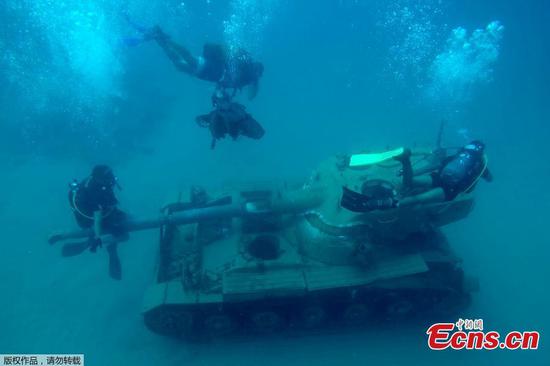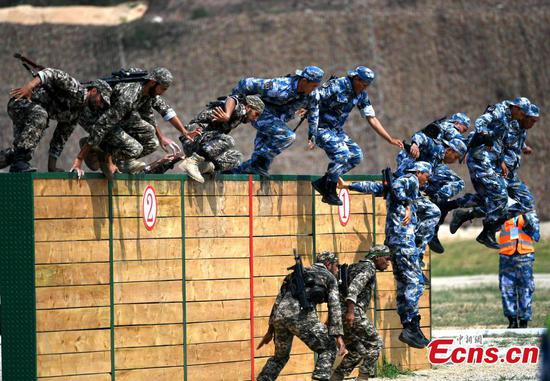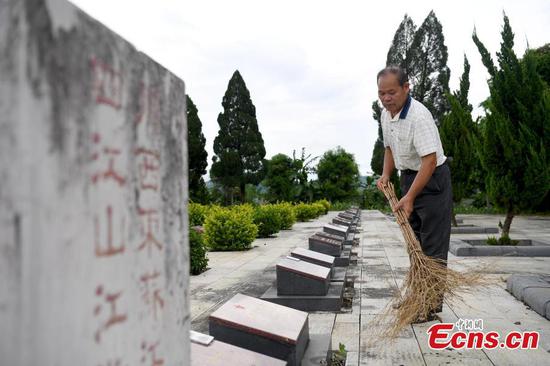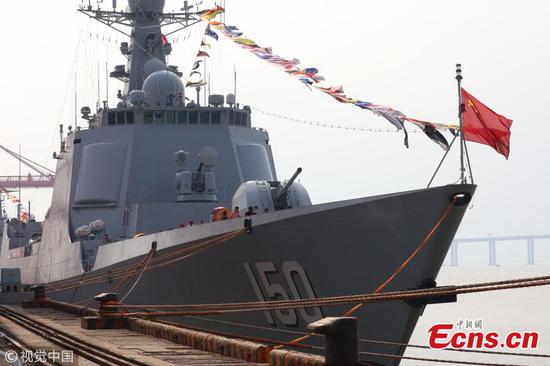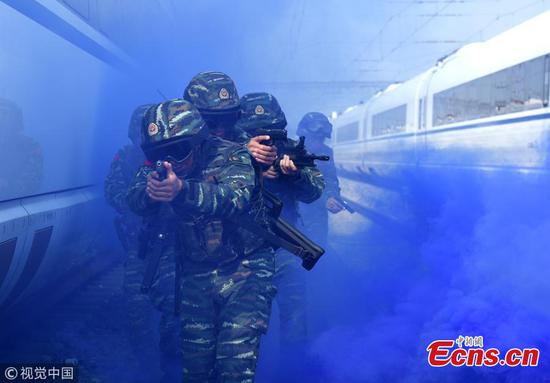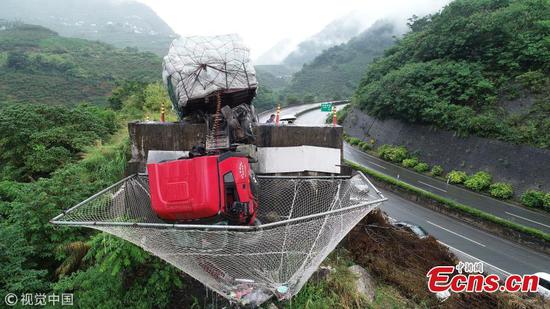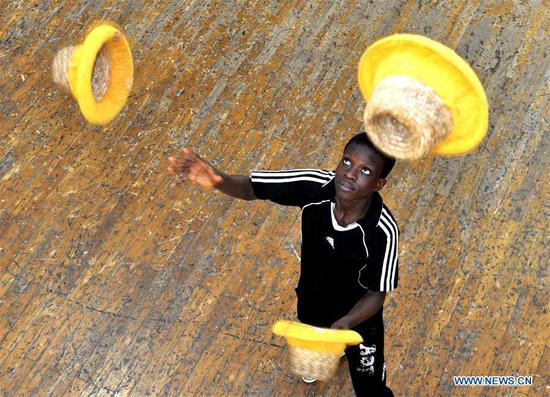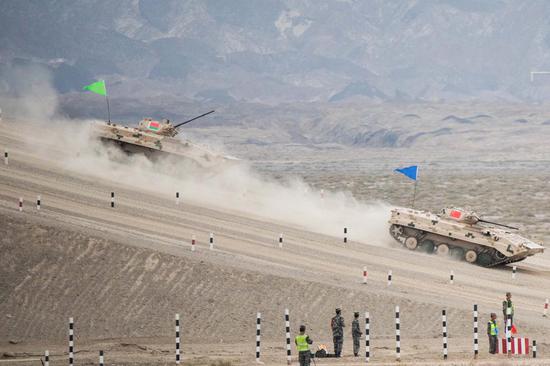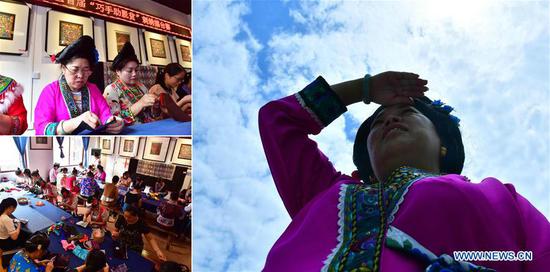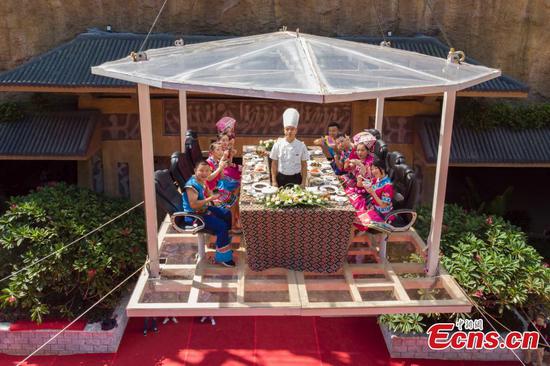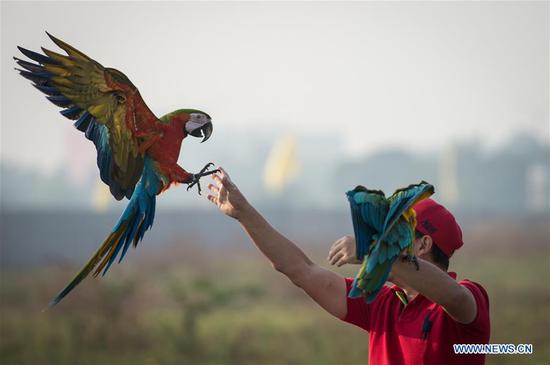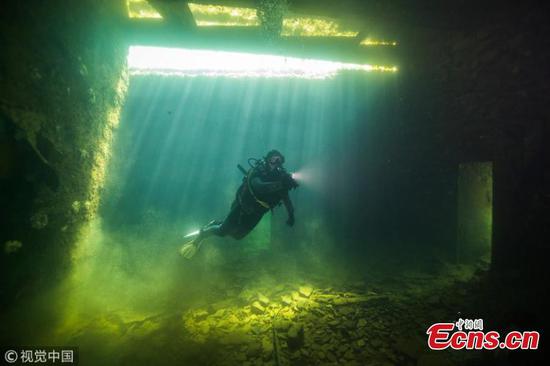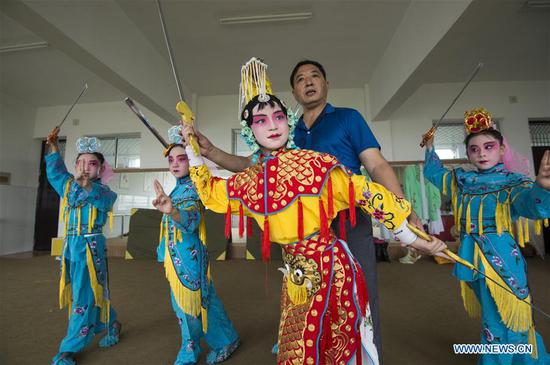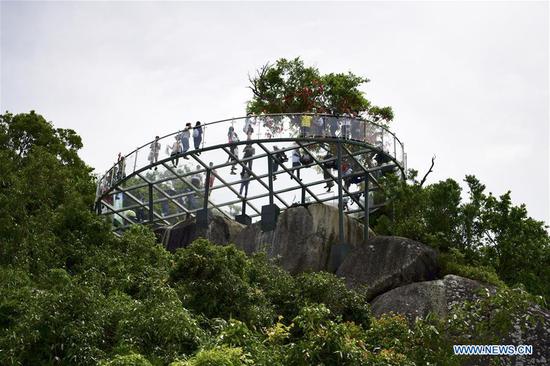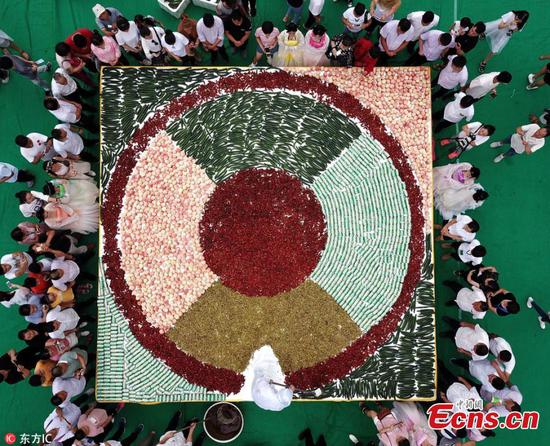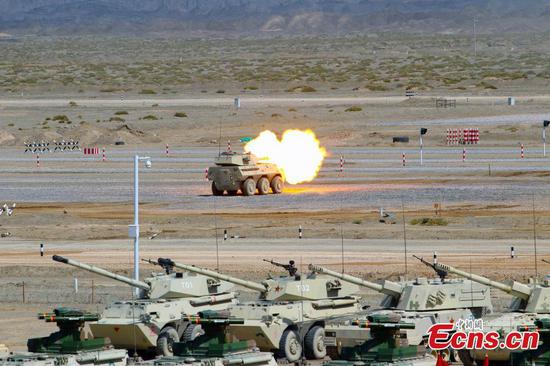Officials from the Association of Southeast Asian Nations (ASEAN) member states and their strategic partners will meet for the annual ASEAN Foreign Ministers Meeting (AMM) and other related meetings in Singapore this week.
Several topics, including the importance of rules-based order, Indo-Pacific strategy and the South China Sea, will be discussed over these series of meetings.
Also on the discussion table is the denuclearization of the Democratic People's Republic of Korea (DPRK).
Supporting role in the denuclearization talks
The ASEAN Regional Forum (ARF), which will be held on Saturday, will find the DPRK’s Foreign Minister Ri Yong Ho meeting its ASEAN and regional counterparts since the country began opening up to Seoul and Washington this year.
“Though it wouldn’t be the first time the DPRK has participated in the ARF, I think the ASEAN countries will welcome the positive developments in bilateral ties between the two Koreas and between DPRK and the US that have taken place over the last few months,” said Shawn Ho, an associate research fellow at the S. Rajaratnam School of International Studies (RSIS), a think-tank in Singapore.
Ho believes there is a chance that (Foreign Minister Ri) will hold sideline meetings with China, The Republic of Korea (ROK), and the United States, either bilaterally or perhaps even as a group of four countries.
ASEAN, after its formation in 1967, signed a Treaty of Amity and Cooperation (TAC) in 1976 that solidified its three pillars of the organization: Respect for national sovereignty, no use of force, and non-interference in other member states’ domestic affairs.
Because of that, some political watchers have said that the regional organization can play a supporting role in the denuclearization talks, which is quite simple, according to Dr. Bhubhindar Singh, an associate professor at RSIS who teaches International Relations in Northeast Asia.
The organization will continue to support the extensive multilateral sanctions against the DPRK, but at the same time, encourage a peaceful resolution by offering to convene meetings on the issue, and to support the country’s development when there is a success in the denuclearization talks, the professor added.
ASEAN meetings in 2018
This year's affair brings high-level diplomats together to discuss topical issues in the region and culminates in the issuance of a joint statement green-lighted by all 10 member states, which take turns chairing the meeting.
On top of the AMM, Singapore’s Foreign Minister Vivian Balakrishnan will chair several meetings: the ASEAN Plus Three (APT), the East Asia Summit (EAS), and the ARF.
He will also co-chair the ASEAN-China Post Ministerial Conference with Chinese Foreign Minister Wang Yi.
As Asia focuses more on the global arena, ASEAN, which celebrated its 50th-anniversary last year, might play a bigger role in the region.










